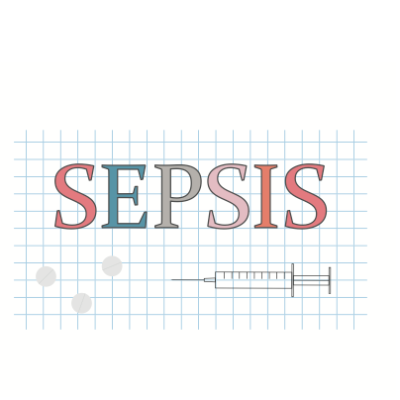Stronger evidence for vitamin C use in sepsis treatment
- ICU
- 17/10/2018
A new meta-analysis reveals a positive correlation between incorporating vitamin C in the treatment of sepsis and favourable patient outcomes. Results...
READ MORE
A new meta-analysis reveals a positive correlation between incorporating vitamin C in the treatment of sepsis and favourable patient outcomes. Results...
READ MORE
Noninvasive diagnostic tests can ensure the early identification and treatment of viral infections in patients with haematological malignancies....
READ MOREFluid management during shock from physiology to bedside. Shock is a common life-threatening, generalised form of acute circulatory failure in critically ill patients, which is usually managed by infusing fluids to increase cardiac output and supply the systemic oxygen request. International guidelines recommend use of an aggressive fluid...
READ MOREA conceptual framework for developing institutional programmes and guidelines to enhance fluid stewardship (especially in the intensive care unit [ICU] environment), an activity that includes appropriate selection, dosing, duration, de-escalation, and monitoring of fluid therapy. The primary goal of fluid stewardship is to optimise clinical...
READ MOREA review and introduction of the concept “enough.” We provide a brief overview of important physiology and the pharmacology of vasoactive drugs that are currently used in the ICU as well as newer agents, along with a concise review of recent publications comparing these agents. We attempt to answer the question what drug dose should be administered...
READ MOREIn the past decades there have been significant advances in the diagnosis and management of patients with sepsis and septic shock, and overall awareness has increased significantly (Angus and van der Poll 2013). Emphasis is currently on the early detection of sepsis and rapid initiation of fluid administration and antibiotic therapy, all of which...
READ MOREDisordered sleep is common in ICU patients. While many of the reasons for this are impossible to modify, and others rely on improvement in the underlying condition, many directly depend on the actions of the treating team: for example, exposure to noise, timing of therapeutic procedures, tapering of sedating drug doses, and daytime mobilisation....
READ MORERecent advances and new challenges. It has been thought for years that cancer patients have not benefitted from intensive care unit (ICU) admission when they suffer from severe and potentially reversible acute illnesses. Fortunately, numerous studies have shown that this is not the case. Today, the number of cancer patients in ICUs around the...
READ MOREIn this article, I highlight that the most important thing intensive care physicians should stop doing is ignoring that they are prone to several cognitive biases. I will first support my statement by looking for conceptual caveats and cognitive bias in routine intensive care unit (ICU) care, and then move to specific patient and structural problems....
READ MORE(I expert, I question, I answer) Have you got something to say? Visit https://healthmanagement.org/c/icu/list/blog or contact [email protected] Jean Baptiste Lascarrou Medical Intensive Care Unit, Nantes University Hospital, France @jblascarrou Epinephrine for out-of-hospital cardiac arrest “Epinephrine...
READ MORE